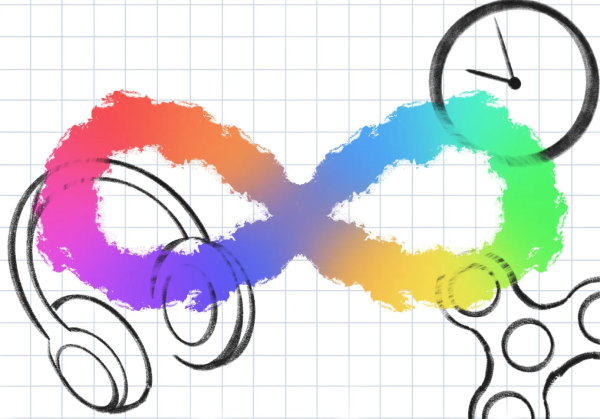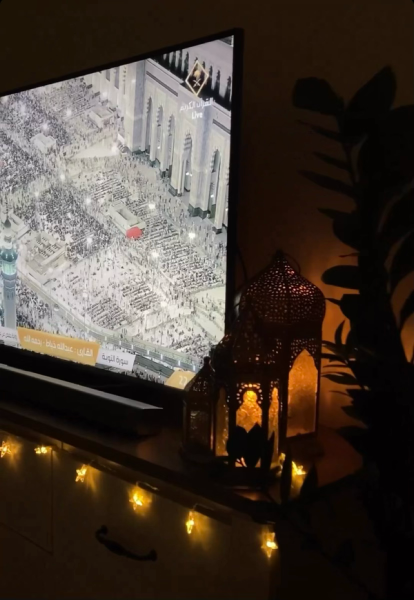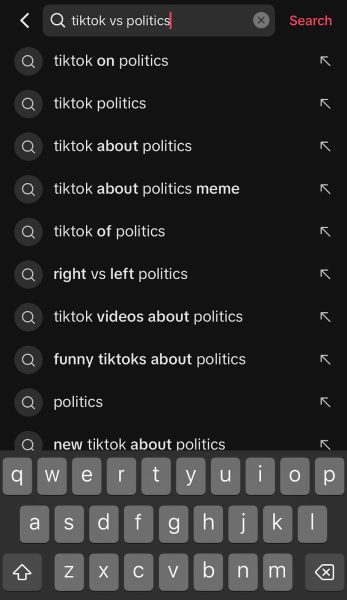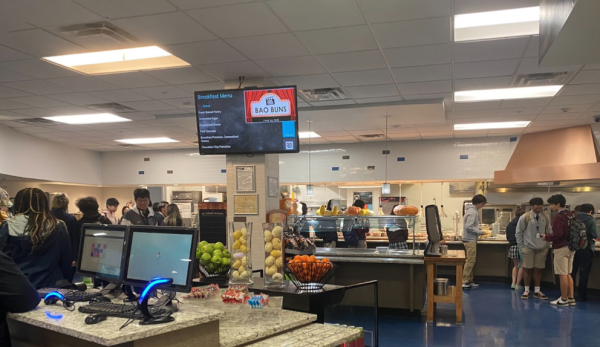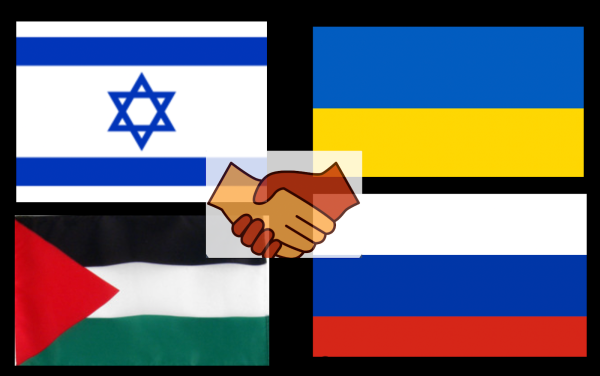Generation Z and Social Media Activism
In 2016, viral meant Harambe memes, Pokemon Go crazes, and the Mannequin Challenge. But in 2020, the qualifiers for the title of ‘viral’ are different – this year, the theme is activism.
“Generation Z”, or the generation born between the years of 1997 and 2012, has taken to social media to launch global social activism movements, raising awareness about everything from racial injustices against the black community to the power behind a single vote. While Gen Z is arguably the first generation to have been born and raised in a technology-centered society, they have also inherited a plethora of other issues. Police brutality and systemic racism in the justice system, which had long been overlooked by previous generations, are now taking a front seat. Youth interest in elections, voting, and the political scene has skyrocketed within recent years, and conversations on reparations for Indigenous peoples of America and Hong Kong sovereignty have sparked additional interest in activism. But these seemingly abrupt increases in interest might warrant the question of why these issues have suddenly risen to the limelight. The answer? Social media.
Oftentimes, a problem is not a problem to those who cannot see it. Social media, however, brings these problems right to people’s screens. This June, following the death of George Floyd, videos relating to Black Lives Matter were viewed over 1.5 billion times. Instagram feeds slowly transformed into protest frontlines, giving voices to Black creators and influencers and on “Blackout Tuesday”, posts of black boxes flooded platforms in a show of solidarity.
“The recent social media movements definitely brought a lot of things to light, especially for me,” said senior Deeptha Karur. “I’ve realized a lot of things about the movement through social media, and I definitely see it is a very powerful tool in activism.”
Karur, president of the club YouthUplift, was inspired by the recent movements to implement a new club initiative – learning programs specially designed for underprivileged communities. The initiatives, which are meant to promote interest in STEM subjects, are currently being planned and are scheduled to begin soon via an online platform.
Yet while social media has been increasing awareness of certain political movements and inspiring community initiatives, it has been suggested that it has given rise to a new phenomenon- “slacktivism”. Slacktivism essentially takes the form of participating in online movements, yet solely on social media and only in minor or superficial ways that require little commitment. Actions like retweeting a few words on Twitter, liking posts, or reposting an Instagram post on your story have all been labelled “slacktivism”.
However, despite these seemingly small actions, Deen Freelon, who recently published a paper in Science Magazine regarding the misconceptions of ‘slacktivism’, sees the value in them.
“Low-cost online actions do not harm activist goals,” says Freelon in his paper. “On the contrary, they help to boost activist topics and concerns to the levels of public visibility necessary to enact or prevent change.”
Gen Z has perhaps pioneered a new era of activism, one that transcends the usual limitations of petitioning or in person protesting. Social media has allowed for new waves of activism and awareness, spreading messages across the globe and allowing for support to be garnered instantly.

Anna Zhu is currently a senior and has been attending The Village School for fourteen years. Having served as Copy Editor and Design Editor previously,...


